Creating Human-Like Chatbots
ISI researchers explore how to advance AI toward more authentic interaction.
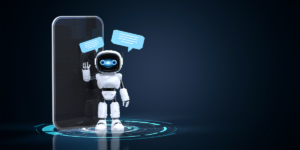
ISI researchers explore how to advance AI toward more authentic interaction.

How ISI researchers are engaging in research, policy and thought leadership to guide AI toward positive futures.
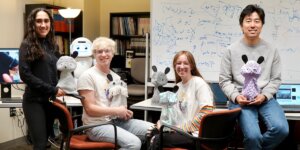
Experience the vibrant world of Trojan robotics through the eyes of 160 enthusiastic students
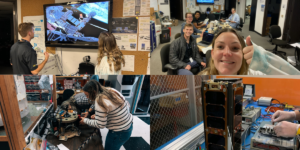
USC ISI researchers are building tools to solve safety problems in space operations, and creating test beds to simulate cyberattacks in space
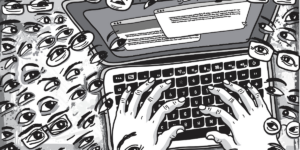
USC ISI computer scientists are developing language technologies that could potentially identify who wrote anonymous text.

Loop, a Chicago-based startup co-founded by USC Viterbi alumnus Matt McKinney, leverages AI to digitize shipment data, for the benefit of manufacturers and freight companies
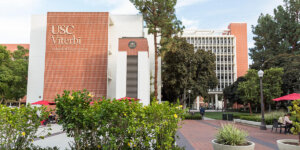
Housed under the USC School of Advanced Computing, the center aims to advance responsible AI for financial services

A Glimpse into the USC Center for Autonomy and AI’s Efforts
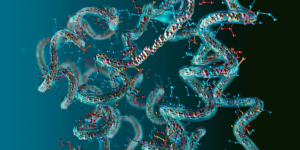
ISI researchers are part of a core team developing the PDB-Dev repository, initiated by the Protein Data Bank, a foundational repository for macromolecular structures
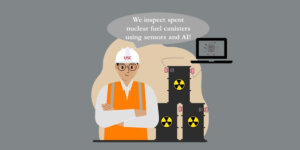
Researchers in the USC Sonny Astani Department of Civil & Environmental Engineering are tackling one of the most complex problems facing the U.S. Department of Energy: how to safely handle and store “spent” nuclear fuel.
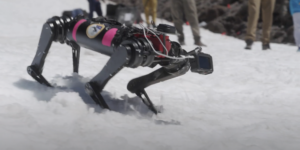
USC, UPenn, Texas A&M, Oregon State, Georgia Tech, Temple University, and NASA Johnson Space Center are teaching dog-like robots to navigate craters of the moon and other challenging planetary surfaces in research funded by NASA.
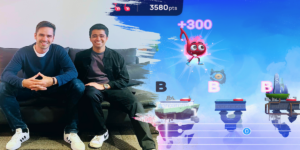
With award-winning music education app ‘Notey’s World,’ Adithya Bellathur and a team of USC alumni seek to encourage new guitarists and musicians.

The symposium, headlined by Michael Chertoff, former U.S. secretary of homeland security, highlights two decades of work in security, risk and economic analysis.
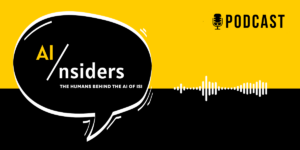
EPISODE 19 | ISI’s Artificial Intelligence director, anthropologist Adam Russell, gets to know his researchers. This week: Casandra Rusti
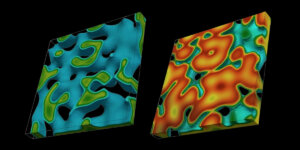
The USC Department of Aerospace & Mechanical Engineering welcomes Professor Krishna Garikipati, a leader in the field of computational mechanics.
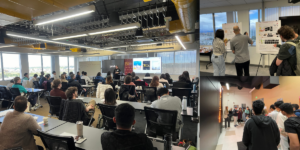
Prospective graduate students traveled to ISI’s Marina Del Rey headquarters to experience the institute’s academic environment.

USC researchers explore the impact of prompt design on large language model performance.

EPISODE 18 | ISI’s Artificial Intelligence director, anthropologist Adam Russell, gets to know his researchers. This week: Shushan Arakelyan

USC researchers uncover social media’s “vicious cycle” that traps vulnerable populations within pro-anorexia communities.
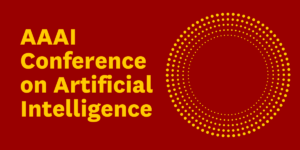
From public health insights to busting bias in machine learning, discover USC researchers’ groundbreaking artificial intelligence work at AAAI 2024

USC will be one of approximately 30 universities helping to advance the development and deployment of safe, trustworthy AI under a new U.S. Government Safety Institute
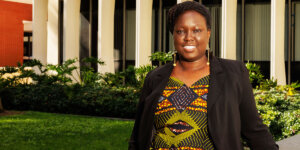
Computer science doctoral student Elizabeth Ondula leverages AI to enhance pandemic response strategies
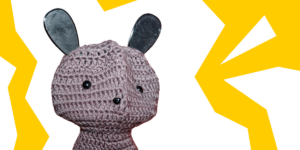
USC researchers develop new open-source platform to help students build their own low-cost robot companion from scratch

USC researchers propose a novel approach to mitigate bias in machine learning model training

From biotech to misinformation, some of today’s biggest policy challenges are informed by researchers at ISI.
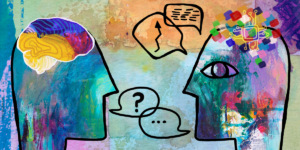
ISI researchers dive deep into evaluating how well language models can reason about our everyday world.

The $2 million NSF project will harness AI to generate new optimized superalloys for game-changing applications from aerospace to healthcare.
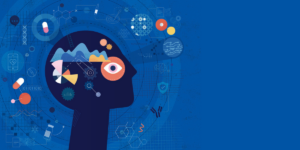
The Center on AI Research for Health debuted projects on radiation oncology, neurodegenerative diseases and mental health
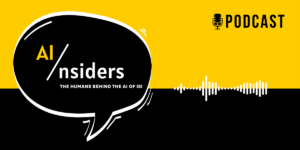
EPISODE 12 | ISI’s Artificial Intelligence director, anthropologist Adam Russell, gets to know his researchers. This week: Mozhdeh Gheini

ISI’s Artificial Intelligence director, anthropologist Adam Russell, gets to know his researchers in this weekly series.
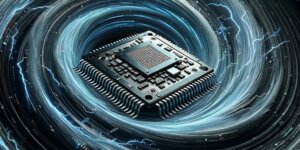
USC will lead Air Force-funded Center that includes four other universities.

EPISODE 10 | ISI’s Artificial Intelligence director, anthropologist Adam Russell, gets to know his researchers. This week: Emmanuel Johnson

EPISODE 9 | ISI’s Artificial Intelligence director, anthropologist Adam Russell, gets to know his researchers. This week: Abigail Horn

EPISODE 8 | ISI’s Artificial Intelligence director, anthropologist Adam Russell, gets to know his researchers. This week: Joel Mathew

EPISODE 7 | ISI’s Artificial Intelligence director, anthropologist Adam Russell, gets to know his researchers. This week: Wael AbdAlmageed

USC computer science researchers present new technique to “copy and paste” virtual 3D objects into real indoor scenes, improving how computers see and interpret the world
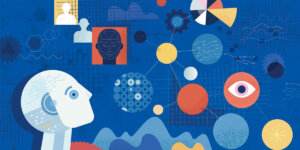
A new algorithm developed by USC computer science researchers shows that robots can, in computer simulations, learn tasks after a single demonstration
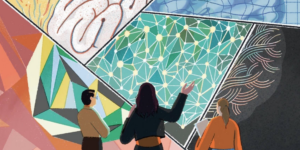
Algorithm can enhance decoding accuracy of brain signals in real-time brain-computer interfaces.
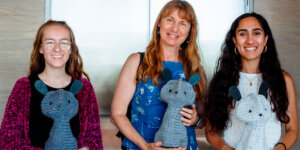
How a little robot is helping students with ADHD symptoms find their focus.
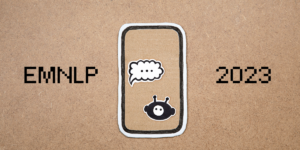
USC researchers present papers at EMNLP 2023, one of the world’s top natural language processing conferences.

ISI researchers are helping streamline reporters’ workflows with AI gadgets, including a source-recommendation engine.

EPISODE 6 | ISI’s Artificial Intelligence director, anthropologist Adam Russell, gets to know his researchers. This week: Katy Felkner

USC computer scientists have developed a novel method of moderating toxic content on live-streaming platforms.

EPISODE 5 | ISI’s Artificial Intelligence director, anthropologist Adam Russell, gets to know his researchers. This week: Mahyar Khayatkhoei

EPISODE 4 ISI’s Artificial Intelligence director, anthropologist Adam Russell, gets to know his researchers. This week: Ashwin Shreyas

USC had two teams among top 10 finalists in national FAA Data Challenge 2023.

EPISODE 3 | ISI’s Artificial Intelligence director, anthropologist Adam Russell, gets to know his researchers. This week: Deborah Khider
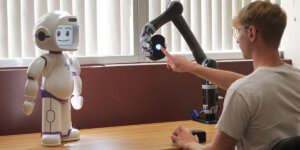
A new robotic tool developed by a team of experts in computer science and biokinesiology could help stroke survivors more accurately track their recovery progress.
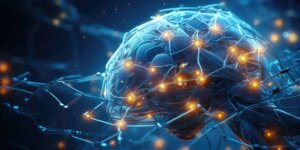
New USC Viterbi-led research has uncovered a novel semiconductor with an unusual material property that can enable energy-efficient computing hardware that functions like the human brain.
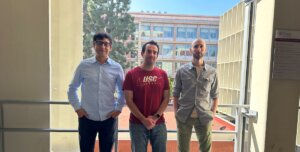
New GPU cluster will allow the next generation of students and researchers to investigate the world of AI and machine learning as part of USC Frontiers of Computing initiative.

EPISODE 2 | ISI’s Artificial Intelligence director, anthropologist Adam Russell, gets to know his researchers. Today: Gleb Satyukov
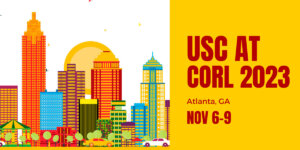
USC computer science faculty and students present their latest work in the field of human-robot interaction.

USC computer scientists evaluate data representation methods for a number of applications.
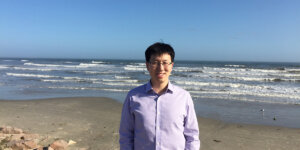
The highly competitive program supports outstanding early career researchers developing innovative solutions to challenges faced by the Navy and Marine Corps.

EPISODE 1 | ISI’s Artificial Intelligence director, anthropologist Adam Russell, gets to know his researchers. This week: Keith Burghardt
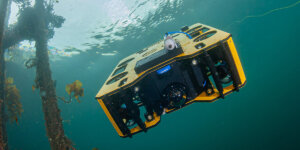
Rusty Jehangir empowers thousands to pursue underwater robotics and exploration with startup Blue Robotics

A USC computer scientist presents data to understand the changing nature of cities and plan sustainable cities of the future.
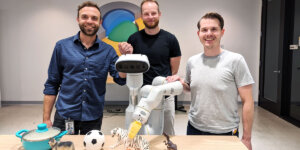
USC computer science alumni worked on Google’s “first-of-its-kind” robot AI model, the Robotic Transformer 2 (RT-2)

$2.4 million grant will be used to develop new AI-powered algorithms that could lessen the need for higher-strength MRI machines and correct for various imaging artifacts.
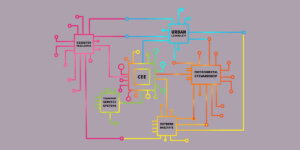
In teaching and research, advanced computational methods are essential for achieving the strategic vision at Sonny Astani Department of Civil & Environmental Engineering (CEE)
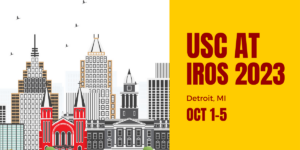
USC researchers present 14 papers at the International Conference on Intelligent Robots and Systems (IROS), showcasing leading-edge research in robotics.
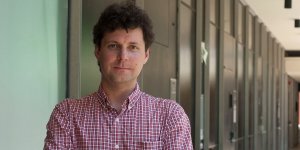
The UMich-led Center for Complex Particle Systems (COMPASS), one of four new Science and Technology Centers, will look to nature for inspiration on particles.
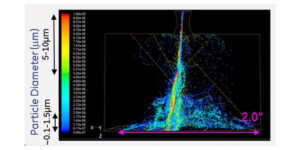
The U.S. Department of Energy is supporting a major USC research initiative to advance the next stage of the clean energy revolution.

USC researchers have developed an innovative solution to measure the motion of soft components in robotics.
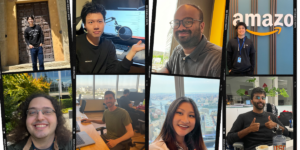
ISI Ph.D. students spent their summers gaining practical experience and building professional networks at major tech companies.
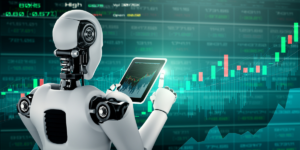
USC Information Sciences Institute researchers apply a case-based reasoning approach using relevant examples to help answer financial questions.

USC Information Sciences Institute researchers grapple with hidden variables in cause-and-effect studies to make better-informed decisions.
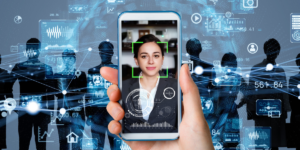
USC computer scientists present a better way to measure the performance of generative AI models at the International Conference on Machine Learning (ICML).

An ISI team identifies limitations in dynamics prediction and proposes a solution.

She was recognized for her “pioneering brain-machine interfaces that can model, decode, and control complex neural activity patterns by the intersection of engineering, computing, and neuroscience”

USC researchers will present nine papers at the 40th International Conference on Machine Learning (ICML 2023), the leading international conference on machine learning
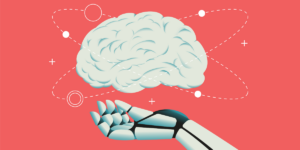
A new USC study finds that by sharing knowledge with each other at the same time, AI agents can quickly learn a wider range of tasks, with applications in medicine and beyond.
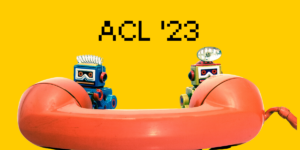
USC’s Information Science Institute (ISI) brings a host of research to the conference – from dialogue models to machine learning to semantic understanding and more.

Researchers dive into the study of teacher-student natural language interactions to achieve a shared goal in the fantasy world game, Dungeons & Dragons.
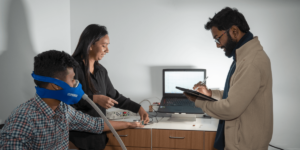
Yasser Khan wins a prestigious Google Research Scholar Award for racial bias correction in a medical device that measures oxygen levels
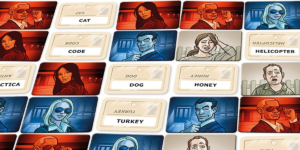
USC Information Sciences Institute researchers dive into the nuances of human behavior and how cultural markers affect decision-making.

USC researchers have developed a novel AI technique to pull information from vast amounts of globally sourced text.
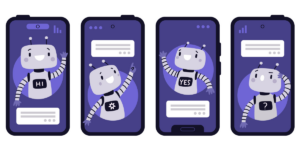
USC researchers have proposed a novel method to give personalities to language models.
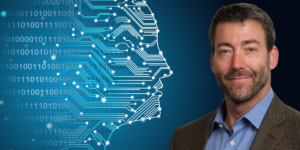
Russell sees AI from an anthropologist’s perspective – looking at human behavior in an era of machines, with an expertise in collective intelligence and cross-disciplinary thinking.
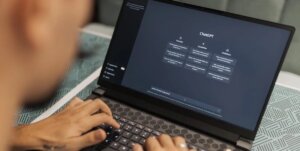
A panel for Los Angeles Tech Week discussed issues, opportunities and solutions surrounding generative AI in the cybersecurity world.

USC researchers will present four papers on topics including scalable robot data collection, simulating complex materials and transferring assembly tasks from simulation to reality.
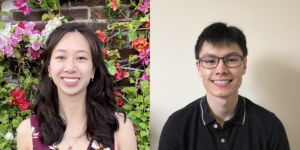
Emily Nguyen and James Flemings were recognized for their contributions to deep generative models focusing on wildfire prevention and privacy in machine learning.
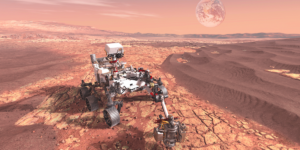
Researchers at USC Information Sciences Institute are developing ways to protect future hardware from the effects of space.

Researchers at the Information Sciences Institute are developing technology that helps to streamline Bible translation.
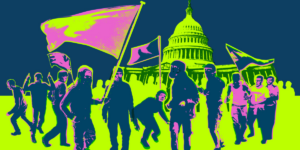
A team of USC researchers propose a better way to model conspiracy theories on Twitter.

ISI researchers are developing technology that can detect logical fallacies in AI and classify hate speech in internet memes
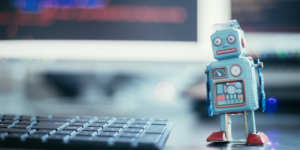
Can language models be trusted to reason like humans do? Are they good at making decisions? These researchers set off to find out.
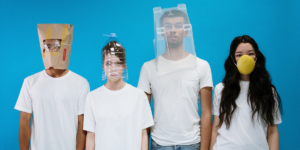
Researchers at USC Information Sciences Institute used machine learning and deep statistical analysis to look for answers about vaccine hesitancy.
USC Viterbi researchers propose a novel framework to address challenges in computer vision.
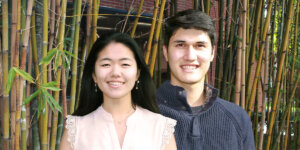
Both students are among the first cohort of the Ming Hsieh Institute Undergraduate Scholars program.
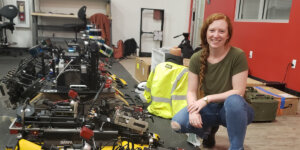
Graduating Ph.D. student Lillian Clark’s dissertation explores how to improve robot communication in remote environments. Her study of jazz helped her think on her feet.
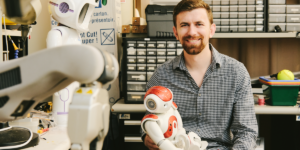
Inspired by his own health crisis, graduating computer science PhD student develops empathetic robots for therapy
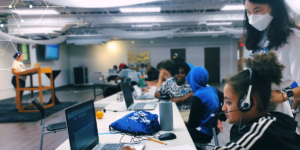
Postdoc Scholar Emmanuel Johnson is part of a team receiving a $20M National Science Foundation grant to research AI-augmented learning.

USC CAIS researchers from seven USC schools come together to solve the world’s most pressing problems using AI.
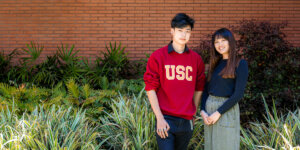
Juniors Jordan Cahoon and Allen Chang were recognized for their research in, and beyond, computer science.
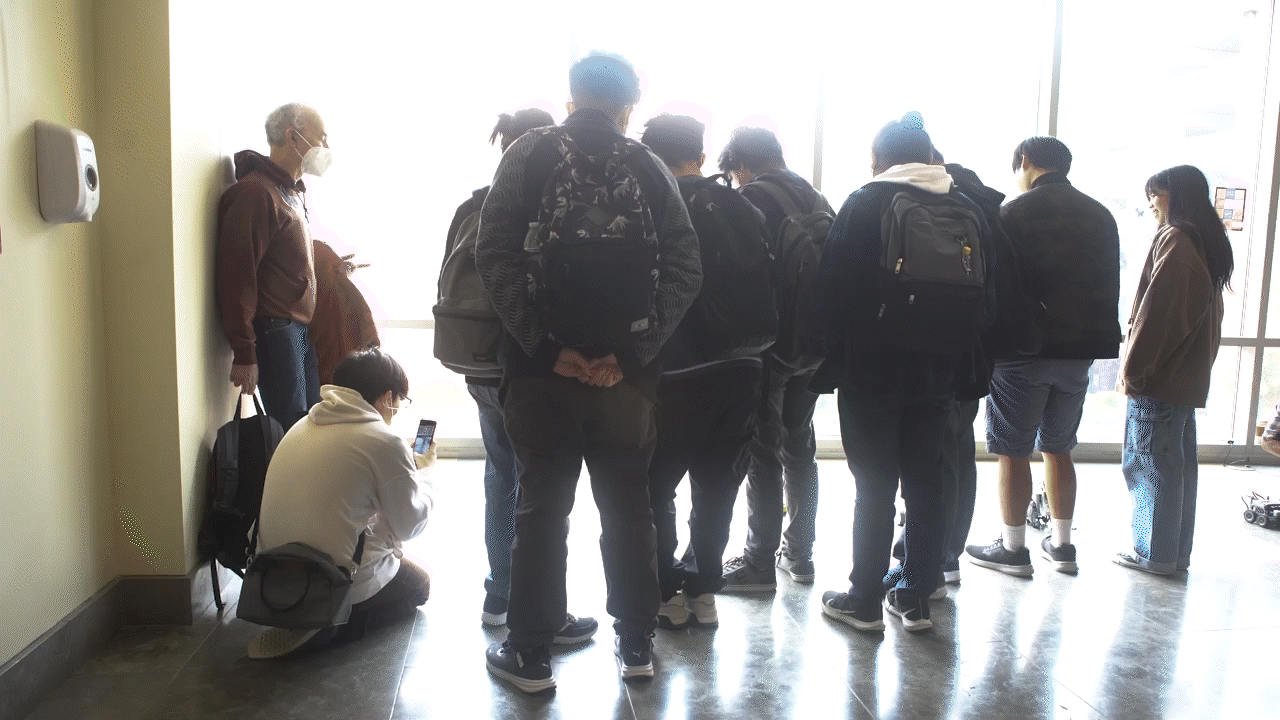
At the event, the first in-person since 2019, five local L.A. schools were able to visit five different USC Viterbi robotics labs.

A USC computer scientist and his team have found that in less than six months, hate speech has significantly increased on Twitter.
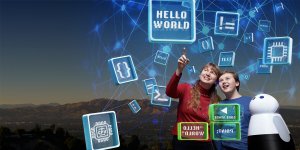
USC Viterbi computer scientist joins luminaries such as Emmanuelle Charpentier and Lin-Manuel Miranda among 2023 members.
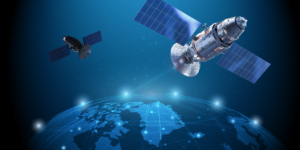
Researchers have completed Phase One of a U.S. Space Force project looking at the feasibility of updating software on orbiting satellites.
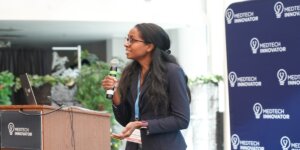
No June gloom: Alumna Samantha Scott’s start-up, JuneBrain, seeks to deliver the tele-health services she once desired for herself.
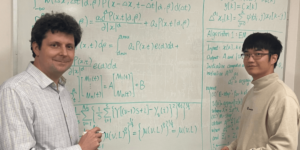
Paul Bogdan has developed a new and improved method to detect chronic obstructive pulmonary disease for early diagnosis and better treatment

USC Viterbi Ph.D. student Kushal Chawla teaches AI how to negotiate with emotional awareness
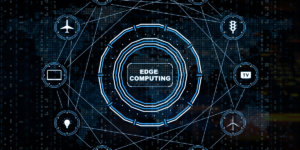
AI is running on mobile phones, sensors, and home appliances thanks to the engineering innovations that make the most of the limited memory, reduced computational power, and little energy available in these devices.

Assad Oberai applies computation and data-driven modelling to solve some of the toughest questions in science and engineering.

Computer science researchers create software that “learns” how to play a video game and fields it for glitches.
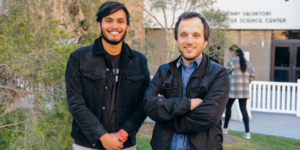
In a new paper, USC computer science researchers “teach” robots how to predict human preferences in assembly tasks.
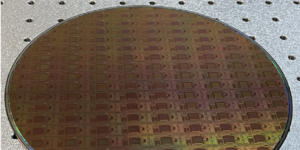
Will enable powerful AI in your portable devices.
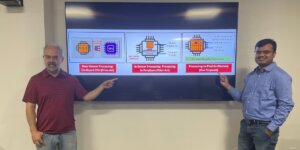
USC Viterbi researchers partner with Samsung to develop energy saving, “self healing cameras.”

Computer scientists and clinicians are designing AI solutions to improve surgical training and create better patient outcomes.
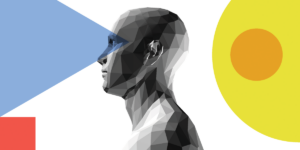
USC computer science study addresses key challenge of teaching machines to perform tasks in realistic environments

Xisen Jin selected for his work in speech and natural language processing
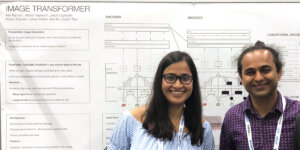
From “eureka moment” to deployment, USC Viterbi alumni played a key role in the creation of ChatGPT
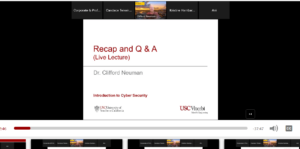
USC Viterbi collaborates with the National Polytechnic University of Armenia to offer an online program to select engineering students in Armenia
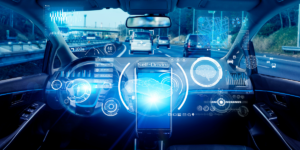
USC ISI Research team combines multiple types of machine learning techniques to improve how a program can identify people and things
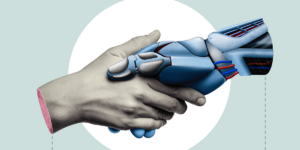
USC computer science experts share their perspectives on the meteoric rise of generative AI application ChatGPT

Researchers Ewa Deelman and Yolanda Gil have received USC Viterbi’s Information Sciences Institute’s highest honor.

A joint team between USC Viterbi Information Sciences Institute and the University of Minnesota won first place in part of the DARPA AI for Critical Mineral Assessment Competition
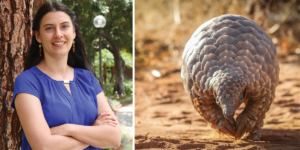
Bistra Dilkina joins a global team addressing pangolin poaching and trafficking
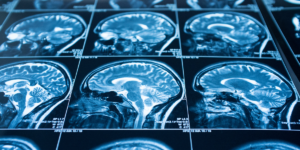
Researchers at USC’s Information Sciences Institute are proposing an artificial intelligence system that addresses several of the machine learning challenges in the medical space.
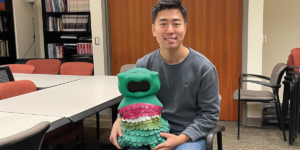
Bored? Frustrated? Tired? New AI models could help robots read emotions and provide more personalized feedback.
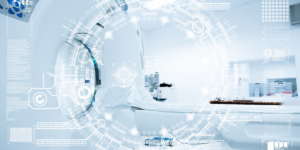
USC Viterbi researchers have developed a fairness enhancing algorithm that also keeps data secure.
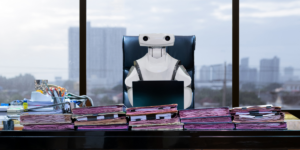
Researchers at USC Viterbi’s Information Sciences Institute are developing an algorithm that teaches machines to learn without human supervision.
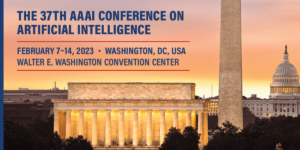
USC researchers present 12 papers, and received a AAAI Classic Paper Award, at this leading venue for machine learning research
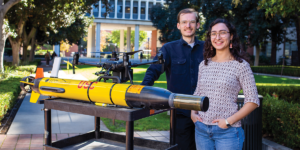
USC computer scientists and biologists have teamed up to tackle harmful algae blooms using “smart” robots
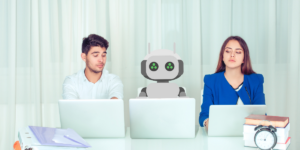
ISI’s KNIC program works to build AI that can help new employees kick start their new jobs more efficiently